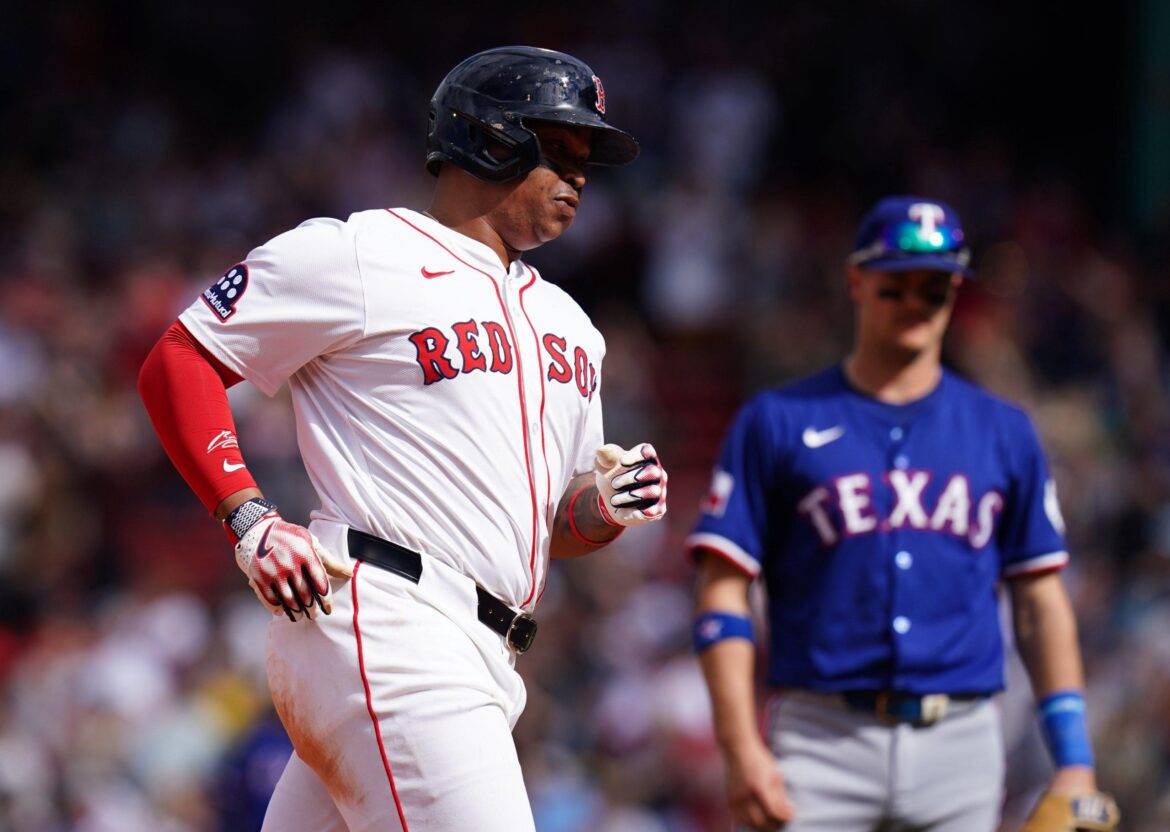Rafael Devers and the boston Red Sox: A Potential Grievance Unfolds
In a development that could further strain the already delicate relationship between Rafael Devers and the Boston Red Sox, recent reports indicate that the talented third baseman is contemplating filing a grievance against the organization. This consideration arises from actions taken by the team that Devers believes may violate his rights as a player. Such a grievance would add another layer of complexity to an offseason rife with speculation about both the team’s future direction and Devers’ role within it. As the Red Sox navigate this pivotal moment in their franchise history, this situation’s ramifications extend beyond just Devers, perhaps influencing team dynamics and their position in Major League Baseball’s competitive landscape.
Devers’ Grievance: A Catalyst for Player Rights Discussions
the potential grievance filed by Rafael Devers against the Boston Red Sox could spark crucial conversations regarding player rights within Major League Baseball (MLB). Should he proceed with this action, it may focus on balancing player autonomy against team authority—especially concerning roster decisions perceived as retaliatory. The consequences of such a grievance could resonate throughout MLB, affecting how teams handle contract negotiations and overall player treatment. Key considerations include:
- Player Autonomy: The ability of players to challenge decisions they feel undermine their professional integrity.
- Team Accountability: The necessity for teams to justify their actions under potential legal examination.
- Setting Precedents: Successful grievances might encourage other players to assert their rights more vigorously.
The implications of Devers’ case are significant; it may serve as a benchmark for future interactions between players and management across MLB. if he successfully argues his case, it could inspire similar initiatives from other athletes league-wide, prompting teams to reevaluate policies related to roster management and player relations. Below is an overview of possible outcomes along with their implications:
| Outcome | Impact |
|---|---|
| A Favorable Ruling | Might enhance player rights while establishing new standards. |
| An Unfavorable Ruling | Could deter future grievances while reinforcing team authority. |
The Impact of Recent decisions on Team Dynamics and Fan Perception
The recent developments involving Rafael Devers have ignited strong reactions among fans and players alike regarding his status within the Boston red Sox organization. As one of its key figures, any potential grievance from him underscores existing tensions in what has been an evolving clubhouse habitat over recent seasons. Notable concerns include:
- Advertisement -
- erosion of Trust:The decision-making process might create rifts between management and players, fostering an atmosphere lacking trust.
- Affecting Performance Levels:If players feel unsupported due to front office choices, it may negatively impact their performance on field.
- User Sentiment Shifts:An unsettled roster can lead fans feeling distanced from the team’s core identity which can strain loyalty levels significantly.
This evolving sentiment among fans is increasingly visible through social media discussions reflecting diverse opinions about how management handles these situations. Historically characterized by mutual respect between franchise leadership and its supporters,this relationship now faces challenges due to current events surrounding Devers’ situation. An analysis reveals fan sentiment trends following these developments as follows:
| >Reaction<< / th >> << th >>Percentage<< / th >> << / tr >> << /thead>> < |
|---|
| /tr / |
- Advertisement -


